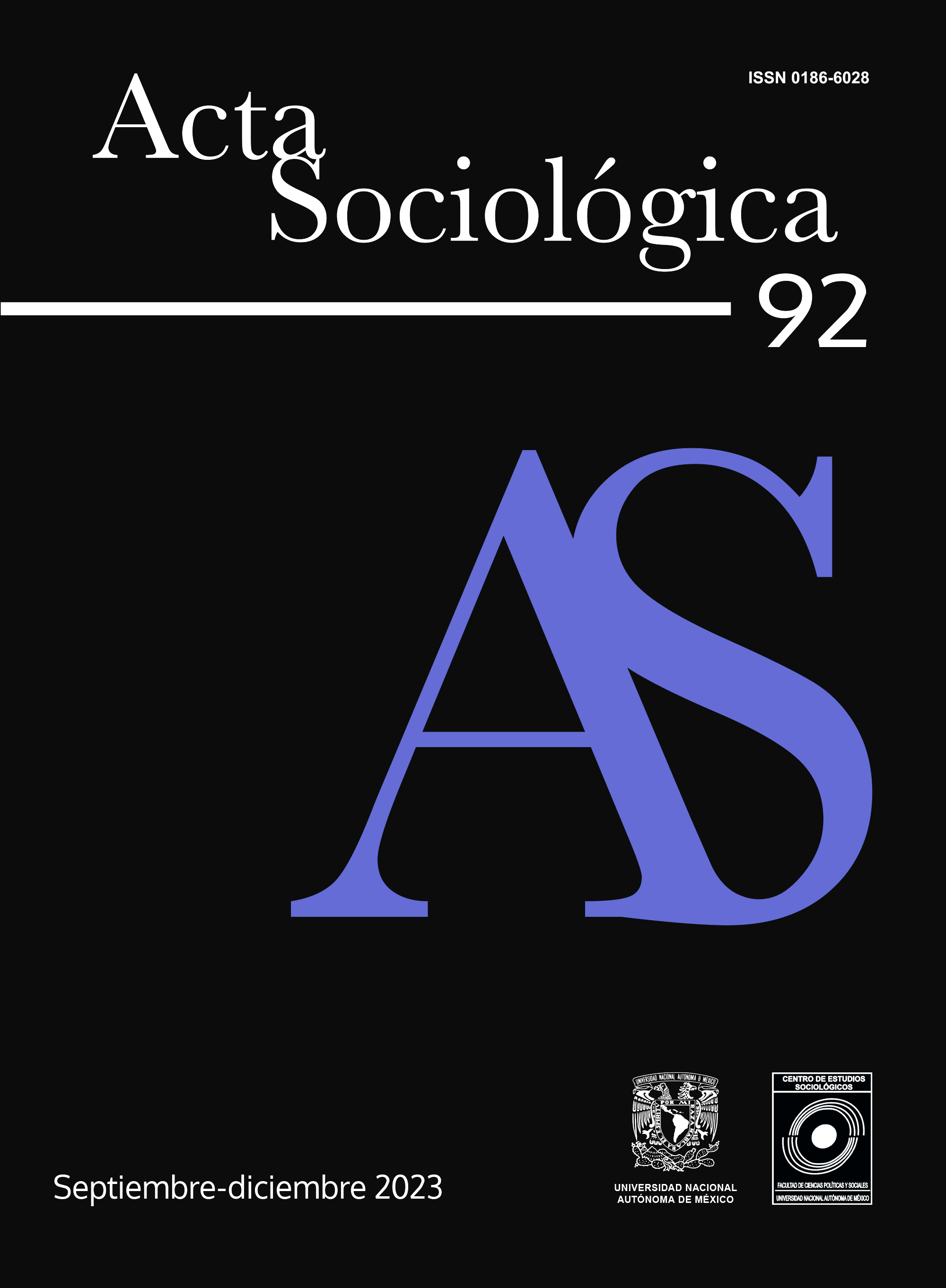¿Flexi Nets?: an analysis of conservative anti-gender religious elites in Mexico
Main Article Content
Abstract
This article explores the extent to which conservative religious anti-gender elites in Mexico have assumed characteristics of flexible networks. The concept of elites as flexible networks (Wedel 2015) refers to the ability to occupy simultaneous and ambiguous positions between the private and public worlds, modifying the state and legality in favor of the elites from within the state itself. Based on network analysis and qualitative analysis of the biography of key religious conservative actors, we argue here that the simultaneity of flexible positions occurs between the private, religious and public worlds, propitiating leaderships that ambiguously combine secular and sacred discourses and strategies in favor of a religious conservative agenda. These characteristics are analyzed both for actors from the Catholic field and from the Christian evangelical field.
